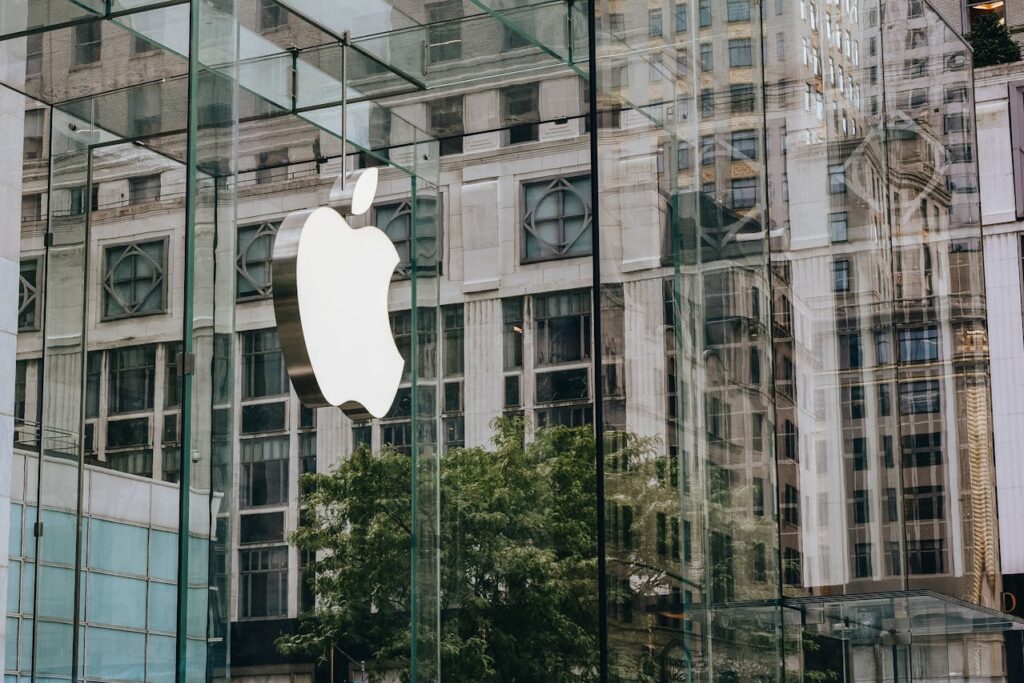Apple Removes Key Encryption Feature in Britain
Apple has scrapped the sophisticated data encryption on its smartphone for the UK because of law. In order to fulfil government demands for access to user information, Apple has taken that decision. The service was Advanced Data Protection (ADP), which provides end-to-end encryption on iCloud services. According to Apple, this security tool can no longer be switched on by new users in the UK. Existing users will eventually have to disable it.
Impact on iCloud Security and User Privacy
iCloud backups in the UK will have less encryption without ADP chìp. Without this protection, Apple can access stored data when the law requires. It includes things like iMessages which would otherwise be inaccessible. The end-to-end encryption means that even Apple will not get to retrieve the data so this is a big policy change that impacts Apple data protection policies.
Apple’s decision to sell malware to governments has triggered criticism from privacy advocates. Andrew Crocker, who is a director at the Electronic Frontier Foundation, said disabling ADP leaves people exposed to cyber attacks. He described the move as a setback for privacy rights and Apple data protection strategies.
Government Pressure and Encryption Debates
The governments and tech companies have long argued for encryption. Rules have laws that should not break up laws. They say that it’s stops their access to vital digital evidence. The UK has put forth one of the most expansive data access requests, impacting Apple’s stance on data protection.
In 2018, the FBI warned Apple that the encryption of iCloud backups could hinder investigations. the resistance of law enforcement, the company launched ADP in 2022. The FBI had stated that “warrant-proof encryption” makes possible US crime-fighting impossible.
Apple has always disagreed with engineering backdoors into its systems. Security experts are warning that hackers and governments could also exploit any such vulnerability. Oli Buckley, professor at Loughborough University and a cybersecurity expert, said about risks. He argued that stripping ADP will make iCloud less secure and put UK users at risk, undermining Apple’s commitment to data protection.
Legal and Policy Considerations
Data encrypted before the ADP launch in late 2022 will still be safe.
It includes passwords and messages on iMessage and FaceTime. Apple isn’t pleased with the UK government’s position. The firm cited dangerous cyber security patches over time for not changing strong encryption. This impacts Apple data protection measures.
This change won’t affect data that’s on the Apple devices directly. However, many users rely on cloud storage for convenience. Due to large photo libraries, long messaging histories, and frequent phone upgrades, I can’t save so much stuff locally. If there’s no cloud encryption, UK authorities will be able to access personal data more easily.
Law Enforcement and Cloud Data Access
Apple’s decision makes it easier for police to access your data. Before the UK authorities have gotten iCloud backups for data access. Backups with your photos and other data were not previously fully encrypted. Users in the UK will no longer be allowed to protect their cloud data with ADP, affecting Apple data protection policies.
Apple says that it cannot simply disable ADP for users “because they don’t have the encryption keys.” But, it will ask to turn it off voluntarily. The Home Office of the UK did not confirm whether it made an official request for the data. The spokesperson says operational matters are confidential.
As per reports, the UK govt has served Apple Technical Capability Notice (TCN). This order requires firms to assist in the collection of data which was approved under the 2016 Investigatory Powers Act. The TCNs do not grant any company gatecrashers access, government website clarifies. Every request for data needs a unique legal approval. These developments directly affect Apple’s data protection approach.
Potential Global Impact
Australia has similar laws on accessing data, and perhaps it will follow the UK. According to Joseph Lorenzo Hall, technologist at the Internet Society, Commonwealth countries often make similar policies. He said Australia might roll out a similar Technical Capability Notice.
The Android operating system from Google also provides encrypted cloud backups. Other tech giants could shape their encryption policy in the UK. If major tech companies will give in to those types of ask, encryption standards could be weakened worldwide. This situation could have implications for global Apple data protection policies.
Apple’s History of Encryption Battles
Apple has previously resisted efforts to weaken encryption. In 2016, the US asked the company to unlock an iPhone which is related to the San Bernardino attack. The company refused, citing security risks. Efforts to add encryption backdoors go back to the 1990s. The Clinton administration once suggested a chip which would let police into encrypted comms. The idea was eventually abandoned.
Due to pressure from the government, people started doing encryption. Many services, such as Zoom, WhatsApp, and Signal, use it for privacy. Some US officials have pushed encrypted comms since the Salt Typhoon hack.
Industry Response and Future Concerns
Meredith Whittaker, who is the president of Signal, labelled the UK government. It was a decision that made the country less safe. Such policies could also damage the efforts of UK to grow its technology sector, she warned.
Whittaker said encryption is not an option. It’s a basic human right. Whittaker said making encryption weaker endangers world economy and privacy of people. Many privacy advocates share her concerns. They say it is a dangerous precedent allowing governments to access encrypted data, potentially affecting Apple data protection protocols worldwide.
Apple’s stock remained stable following the announcement. But, this decision concerns the digital privacy of UK where it is heading to. As the government pushes for surveillance, tech companies may face more pressure to give on encryption, and this will continue to impact Apple data protection measures.


